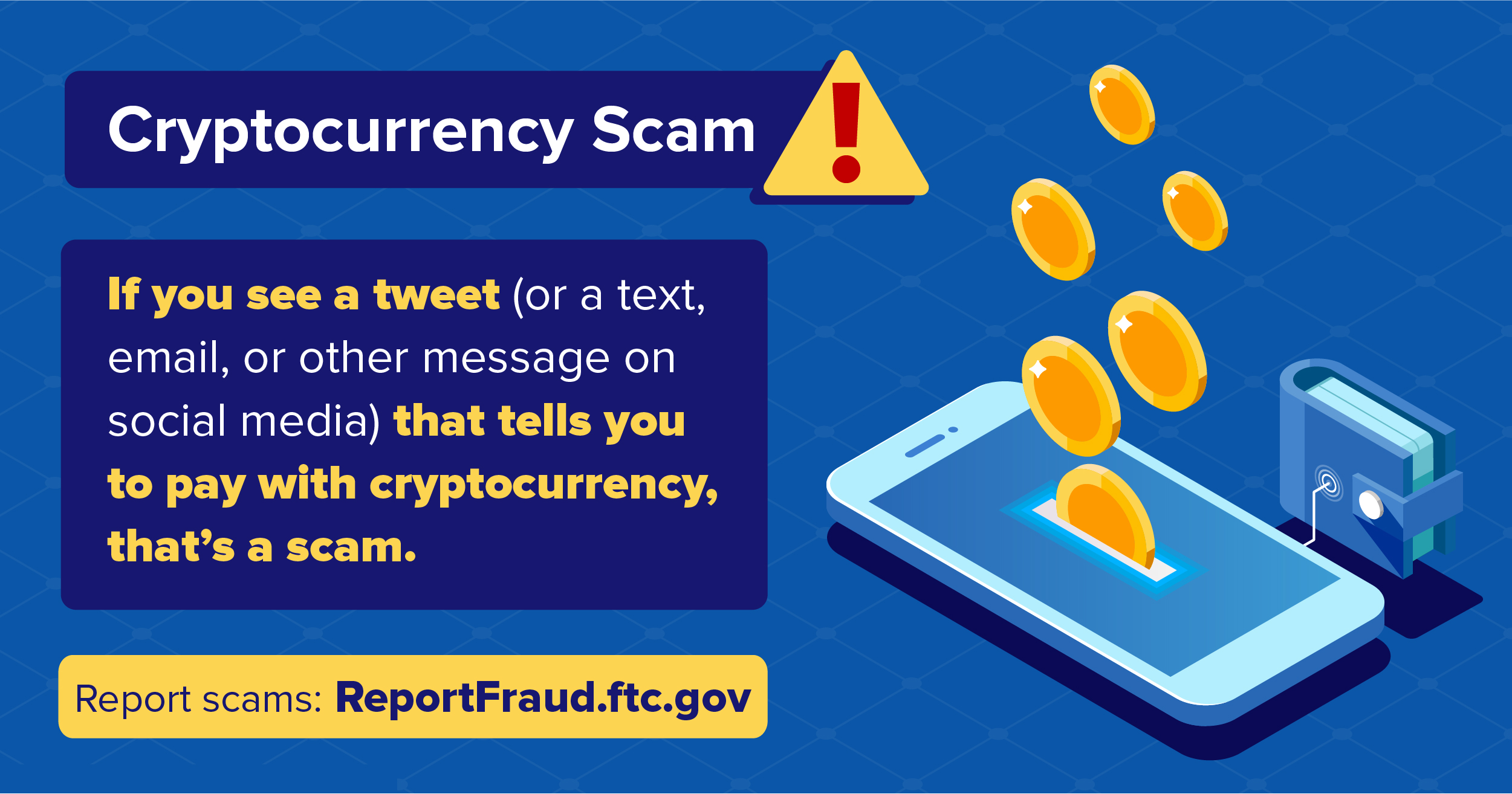How to Report Blockchain Scams to Authorities

- Understanding the different types of blockchain scams
- Recognizing red flags in blockchain investment schemes
- Steps to take if you suspect you have fallen victim to a blockchain scam
- Reporting fraudulent ICOs to the SEC
- Working with law enforcement to investigate blockchain fraud
- Protecting yourself from future blockchain scams
Understanding the different types of blockchain scams
When it comes to blockchain scams, it is essential to understand the different types that exist in order to effectively report them to the authorities. By being aware of the various scams that can occur in the blockchain space, you can better protect yourself and others from falling victim to fraudulent activities.
- Phishing Scams: Phishing scams involve tricking individuals into providing their sensitive information, such as private keys or login credentials, by posing as a legitimate entity. These scams often occur through fake websites or emails that appear to be from reputable sources.
- Ponzi Schemes: Ponzi schemes promise high returns on investments but use funds from new investors to pay returns to earlier investors. Eventually, the scheme collapses when there are not enough new investors to sustain it.
- ICO Scams: Initial Coin Offering (ICO) scams involve fraudulent projects that raise funds through token sales but never deliver on their promises. Investors are left with worthless tokens and no recourse for recovering their funds.
- Exit Scams: Exit scams occur when a blockchain project or platform suddenly shuts down, taking investors’ funds with them. The creators of the project disappear, leaving investors with no way to recoup their losses.
By familiarizing yourself with these different types of blockchain scams, you can be better equipped to recognize and report suspicious activities to the appropriate authorities. Reporting scams not only helps protect yourself but also contributes to the overall safety and integrity of the blockchain ecosystem.
Recognizing red flags in blockchain investment schemes
Investing in blockchain projects can be lucrative, but it also comes with risks. It is essential to be aware of red flags that may indicate a potential scam. Here are some key indicators to watch out for when considering a blockchain investment:
- **Unrealistic promises**: Be cautious of projects that guarantee high returns with little to no risk. If an investment opportunity sounds too good to be true, it probably is.
- **Lack of transparency**: Legitimate blockchain projects should provide clear information about their team, technology, and roadmap. If a project is secretive or unwilling to disclose essential details, it could be a red flag.
- **Pressure to invest quickly**: Scammers often use tactics to create a sense of urgency, pushing investors to make hasty decisions. Take your time to research and evaluate a project before committing any funds.
- **No real-world use case**: A legitimate blockchain project should have a practical application or solve a real-world problem. If a project lacks a clear use case or value proposition, it may not be a wise investment.
- **Lack of regulatory compliance**: Check if the project complies with relevant regulations and has the necessary licenses. Investing in a project that operates outside the law can lead to legal issues down the line.
By staying vigilant and recognizing these red flags, you can protect yourself from falling victim to blockchain investment schemes. If you suspect that you have encountered a scam, report it to the authorities promptly to prevent further harm to yourself and others.
Steps to take if you suspect you have fallen victim to a blockchain scam
If you suspect you have been a victim of a blockchain scam, it is crucial to take immediate action to protect yourself and potentially recover any lost funds. Here are the steps you should follow:
1. **Cease all Communication**: The first step is to stop all communication with the scammer. Do not respond to any further requests for money or personal information.
2. **Document Everything**: Keep a record of all communication, transactions, and any other relevant information related to the scam. This documentation will be valuable when reporting the incident to the authorities.
3. **Report to the Platform**: If the scam occurred on a specific blockchain platform or exchange, report the incident to their customer support or security team. They may be able to assist in investigating the issue.
4. **Contact Law Enforcement**: Reach out to your local law enforcement agency or the appropriate regulatory body to report the scam. Provide them with all the documentation you have gathered.
5. **Seek Legal Advice**: Consider consulting with a legal professional who specializes in blockchain scams. They can provide guidance on potential legal remedies available to you.
6. **Warn Others**: Share your experience with others in the blockchain community to raise awareness and prevent others from falling victim to similar scams.
By taking these steps promptly, you can increase the chances of recovering your funds and holding the scammers accountable for their actions. Remember to stay vigilant and cautious when engaging in blockchain transactions to avoid future scams.
Reporting fraudulent ICOs to the SEC
To **report** fraudulent **ICOs** to the **SEC**, you can visit the **SEC**’s website and fill out a **complaint** form. Provide as much **information** as possible about the **ICO** in question, including **details** about the **company**, the **token**, and any **suspicious** activities you have observed. The **SEC** takes **reports** of **fraudulent** **ICOs** seriously and will **investigate** each **complaint** thoroughly. By **reporting** **fraudulent** **ICOs** to the **SEC**, you are helping to protect **investors** and **prevent** **scams** in the **blockchain** industry. Remember, it is important to **act** quickly if you suspect an **ICO** is **fraudulent** to **minimize** **damage** to **investors**.
Working with law enforcement to investigate blockchain fraud
When it comes to reporting blockchain scams to authorities, working with law enforcement is crucial in investigating and potentially stopping fraudulent activities. Law enforcement agencies have the expertise and resources to conduct thorough investigations into blockchain fraud cases. By collaborating with them, you can provide valuable information and evidence that can help in identifying and prosecuting scammers.
When reporting a blockchain scam to law enforcement, it is important to provide as much detail as possible about the fraudulent scheme. This includes any transactions, wallet addresses, websites, or individuals involved in the scam. The more information you can provide, the better equipped law enforcement will be to pursue the case.
Law enforcement agencies may also work with other regulatory bodies or international organizations to investigate blockchain fraud cases. This collaboration can help in tracking down scammers who may be operating across borders or using sophisticated techniques to evade detection. By working together, authorities can increase the chances of catching and prosecuting those responsible for blockchain scams.
Protecting yourself from future blockchain scams
Protecting yourself from potential blockchain scams is crucial in today’s digital age. Here are some tips to help you stay safe:
- Do your research before investing in any blockchain project. Make sure to verify the legitimacy of the company and its team members.
- Avoid sharing your private keys or personal information with anyone online. Keep your information secure to prevent unauthorized access to your funds.
- Be cautious of unsolicited offers or investment opportunities that seem too good to be true. Trust your instincts and don’t fall for scams promising unrealistic returns.
- Use reputable cryptocurrency exchanges and wallets to store your digital assets. Make sure to enable two-factor authentication for an extra layer of security.
- Stay informed about the latest scams and fraud schemes in the blockchain industry. Educate yourself on common tactics used by scammers to avoid becoming a victim.
By following these guidelines, you can protect yourself from falling victim to blockchain scams and safeguard your investments in the digital world.




